“Love, Light, Leslie”: Remembering icon Leslie Jordan
The late icon leaves fans with his legacy of kindness and incredible humor
“Flawlessly funny,” “one of the greats” and “legend is not a large enough word.” These are some of the words that have been used to describe Leslie Jordan since his untimely death in a car accident on Oct. 24. Most people remember him best from TV shows like “Will and Grace” and, more recently, his gregarious Instagram and TikTok accounts that shot him to greater fame during the pandemic.
I have been an avid fan of Leslie Jordan since the age of five when I would see him on TV in the show “Reba.” I continued to watch him in movies such as “The Help” and other TV shows like “Boston Legal” and “Call Me Kat.” No matter how small the part, Jordan always lit up the screen with his vivacious smile and iconic style. For me, though, it is what he did as an activist and as a human being that transcends his legend as a comedic actor and influencer.
Jordan, who once characterized himself by saying “I’m Southern, I’m gay [and] I’m little,” often seemed like a walking contradiction: he was a gay man who hailed from the Southern Baptist church (with an accent to match) but also a vocal equal rights activist. Instead of being pulled apart by his ostensibly conflicting identities, he actively chose to be who he was without shame.
His upbringing by warm, southern parents, enmeshed with his experiences of discrimination due to his sexual orientation, led to his consistent promotion of justice and equality for many marginalized groups. For example, Jordan was one of the first to offer his support to people affected by AIDS by delivering food and raising money for research, even before many were willing to support the cause. He was unafraid of the negative stigma surrounding the disease and instead acted with compassion.
Similarly, at the height of his Instagram following, Jordan “passed his microphone” to Deesha Dyer, former White House social secretary under Barack Obama and Black Lives Matter activist. He was committed to listening to others, learning and promoting equal rights for the Black American community as a supporter of the Black Lives Matter movement.
It wasn’t always as easy for Jordan to embrace every part of who he was, however. In an interview with Alexander Kacala, reporter and editor at “Today,” Jordan said, “All my life I’ve always been so ashamed of being feminine. … Very young in American culture [you learned] that the feminine boys don’t do well.”
These struggles with his identity led to substance abuse, which spiraled out of control in his thirties. “I felt it was a lot easier to be gay when I was loaded,” Jordan said. In the late 1990s, he ended up in the Los Angeles County Jail for several D.U.I.s, which led to him beginning his sobriety journey. In his sobriety, Jordan said he was able to more fully embrace his femininity and individuality, blossoming into the prideful, unapologetic Leslie Jordan that often said, “I fell out of the womb and landed in my mother’s high heels,” and, “we’ve got to be kind.” Only after this life change did Jordan’s brand of being himself, inviting others in and being hilariously funny and kind shine through.
After hearing of Jordan’s passing, Andy Cohen, reality TV show host, posted a video on Instagram in which he asked, “Who wants to live in a world without Leslie Jordan?” As a genuine admirer, my inclination was to say “no one.” Since that is not an option, though, I am choosing to lean into his legacy of kindness and acceptance that touched me so profoundly. I will miss Leslie Jordan’s smile, his comedic timing, his iconic outfits and, most of all, his kindness. He has taught me and those who followed him how to live unapologetically as themselves, and with his legacy in the media, he will continue to do so even after death.
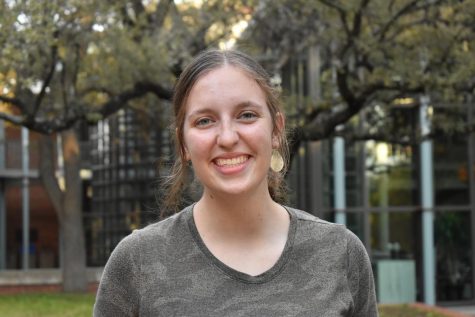
Hello, y'all! I'm Abby Power, and I am a sophomore news reporter from Kyle, Texas. I intend to major in Political Science, Spanish, and Global Latinx Studies....

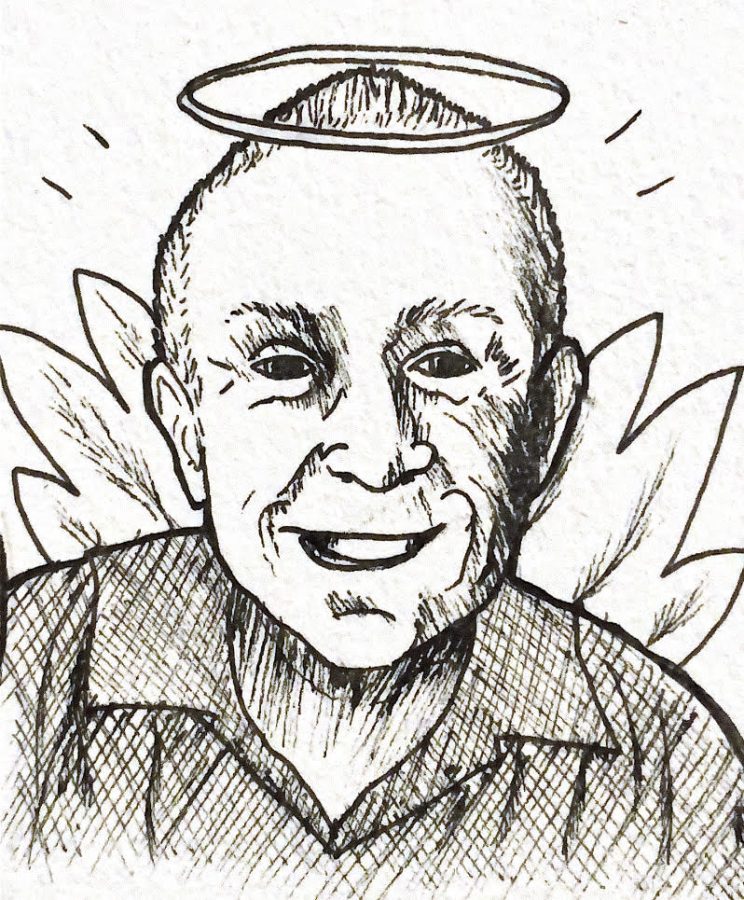
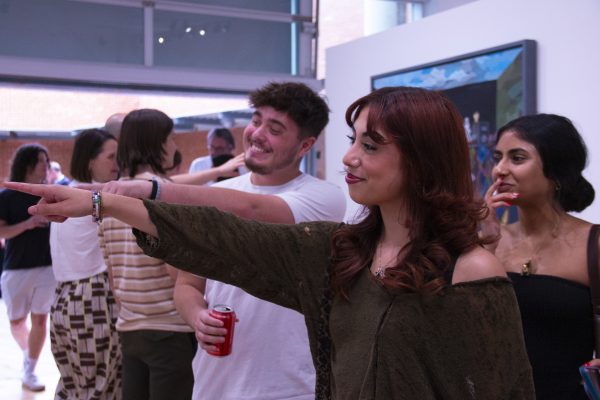

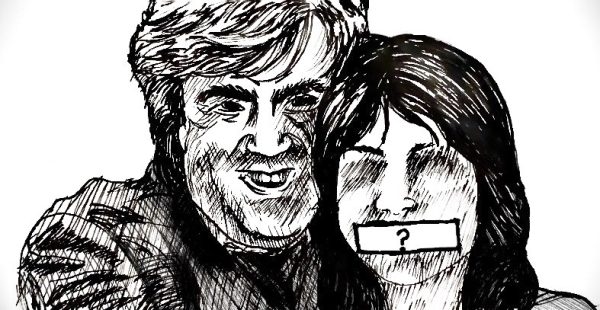
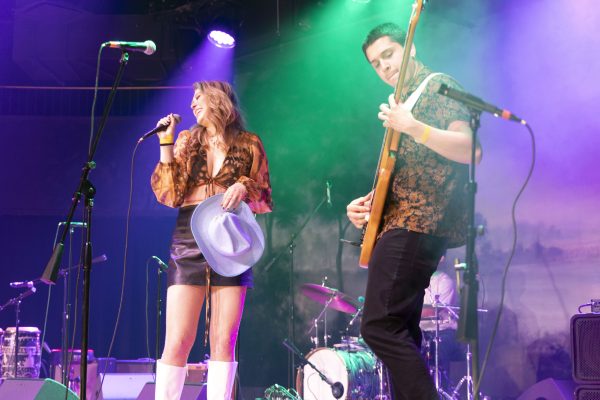
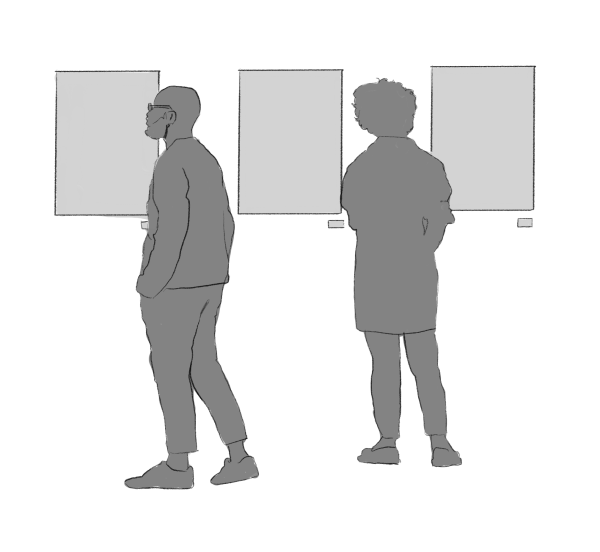
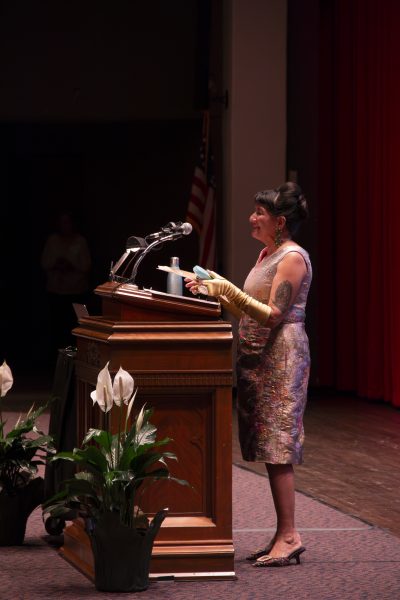
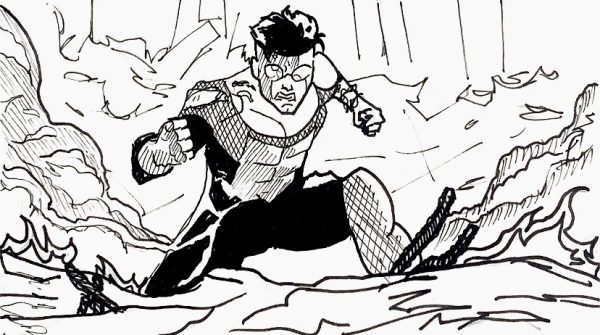
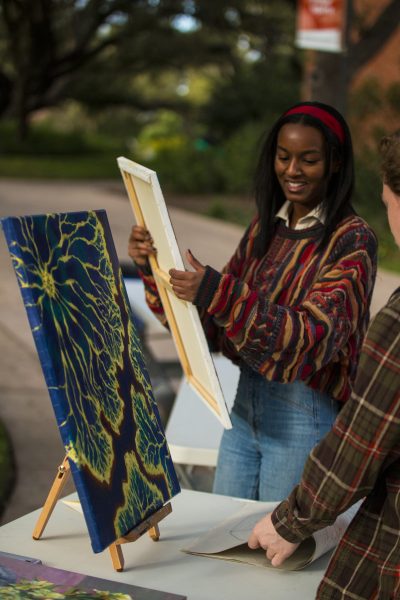
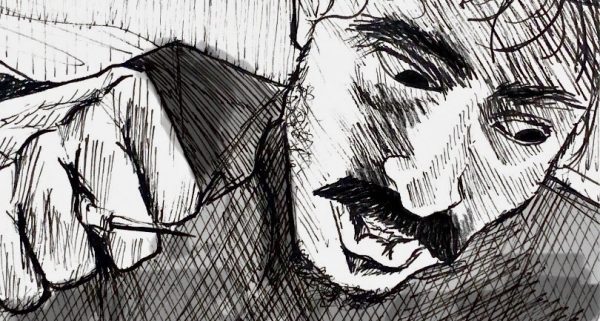
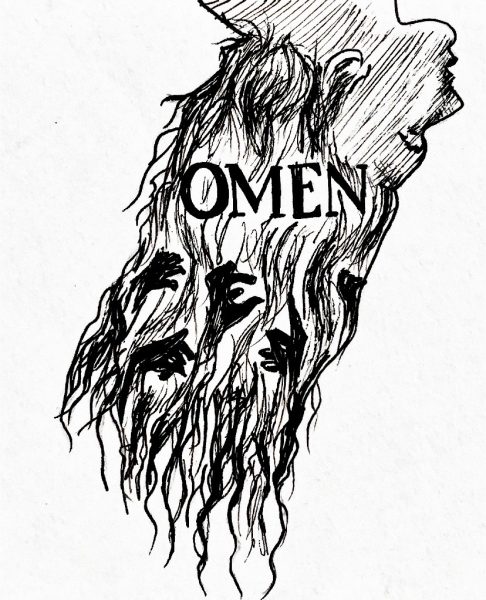
LFB • Nov 13, 2022 at 2:52 pm
He was my absolute favorite as his character, “Beverly Leslie” on Will & Grace for many years. His sassy comebacks with “Karen Walker” were some of the best episodes. The audience would go bonkers when he walked on to the set. He will be missed!